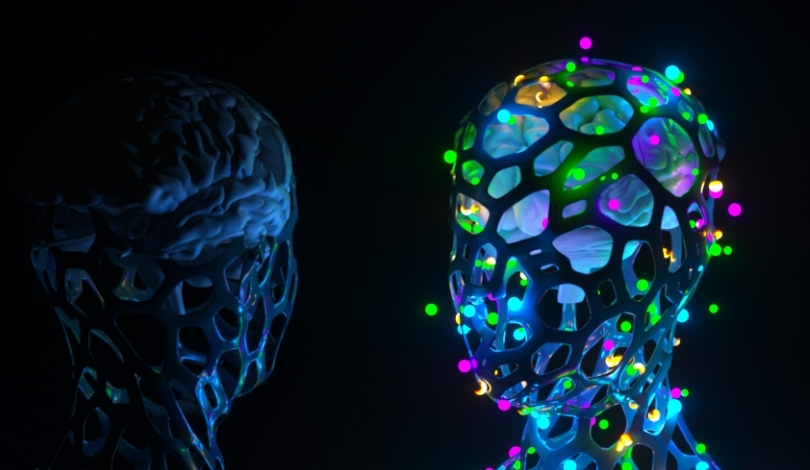Big technology firms are intensifying their pursuit of artificial intelligence expertise as the competition over talent reaches new levels. Apple’s AI journey faces a crucial pivot point as Ruoming Pang, one of its senior AI leaders, joins Meta to head its Superintelligence Labs. The migration of top personnel between these corporations not only impacts project continuity but also signals the deliberate strategies shaping today’s AI development race. The latest movement highlights the heightened risk top firms face of talent raids and shifting loyalties, raising questions about sustainable leadership in a fast-evolving sector.
Former announcements around AI leadership shifts at Apple circled mostly around individual executives, but rarely included leaders as central to core AI infrastructure as Pang. Meta’s prior recruitment drives covered various roles, but the establishment of Superintelligence Labs and recent large-scale acquisitions such as the $14.3 billion Scale AI deal emphasize a new level of resource investment. Compared to earlier departures from Apple, this move carries extra significance due to Pang’s oversight of critical projects, including language models and Apple Intelligence functionalities. The scope, scale, and public profile of such movements differ from the more incremental and less publicized transitions seen earlier between AI teams.
Why Did Apple’s AI Leadership Shift Matter?
Ruoming Pang played a major role in Apple’s AI unit, managing over 100 engineers and directly influencing features such as Genmoji, on-device text summarization, and notification systems embedded in iOS. The exit of both Pang and his deputy Tom Gunter poses challenges for Apple’s ambition to develop in-house AI, especially as they have emphasized privacy and proprietary solutions. Apple’s reliance on external providers for Apple Intelligence features is increasing as a result, raising internal and industry concerns about the firm’s independence in innovation.
What Strategy Drives Meta’s AI Talent Acquisitions?
Meta is intensifying its recruitment efforts by offering significant financial incentives to professionals from companies like Apple, OpenAI, and Google. Strategic investments, such as the acquisition of Scale AI, and the formation of Superintelligence Labs underline Meta’s aim to compete with major players like OpenAI’s GPT and Google DeepMind. As one source put it,
“Meta’s new AI lab is a signal to the entire industry that they are willing to spend big to attract top minds.”
By focusing on both seasoned leaders and promising talent, Meta strengthens its bid to be at the forefront of the artificial general intelligence contest.
How Does This Impact Broader Industry Competition?
The movement of engineers and leaders not only slows product development at Apple but also stirs a wider debate on talent retention and AI strategy among top technology firms. As Meta and others escalate compensation and benefits, concerns have risen about a potential imbalance in workforce distribution and possible stalling of innovations in companies affected by talent losses. For Apple, these challenges may delay the launch and expansion of AI-driven features, while Meta appears to consolidate AI expertise to accelerate its own aims in emerging platforms and solutions.
These leadership changes and talent movements emphasize the strategic dilemmas faced by major players in artificial intelligence. Apple, historically known for tightly integrated hardware and software solutions, now faces scrutiny for its growing dependence on partners such as OpenAI within its Apple Intelligence initiatives. Meta has responded to competitive threats by adapting its strategy through aggressive hiring and capital allocation, seeking to reduce its reliance on outside breakthroughs and solidify in-house expertise. Technological firms that effectively combine vision, talent retention, and strategic autonomy are likely to set the pace for AI innovation in the near term. Observers and investors will closely watch which approaches deliver sustainable advantages as products progress from concept to commercial application.
- Apple loses key AI leader Ruoming Pang to Meta’s Superintelligence Labs.
- Meta advances recruitment with large investments and strategic hires across the industry.
- Talent mobility raises questions about AI development stability and company direction.










